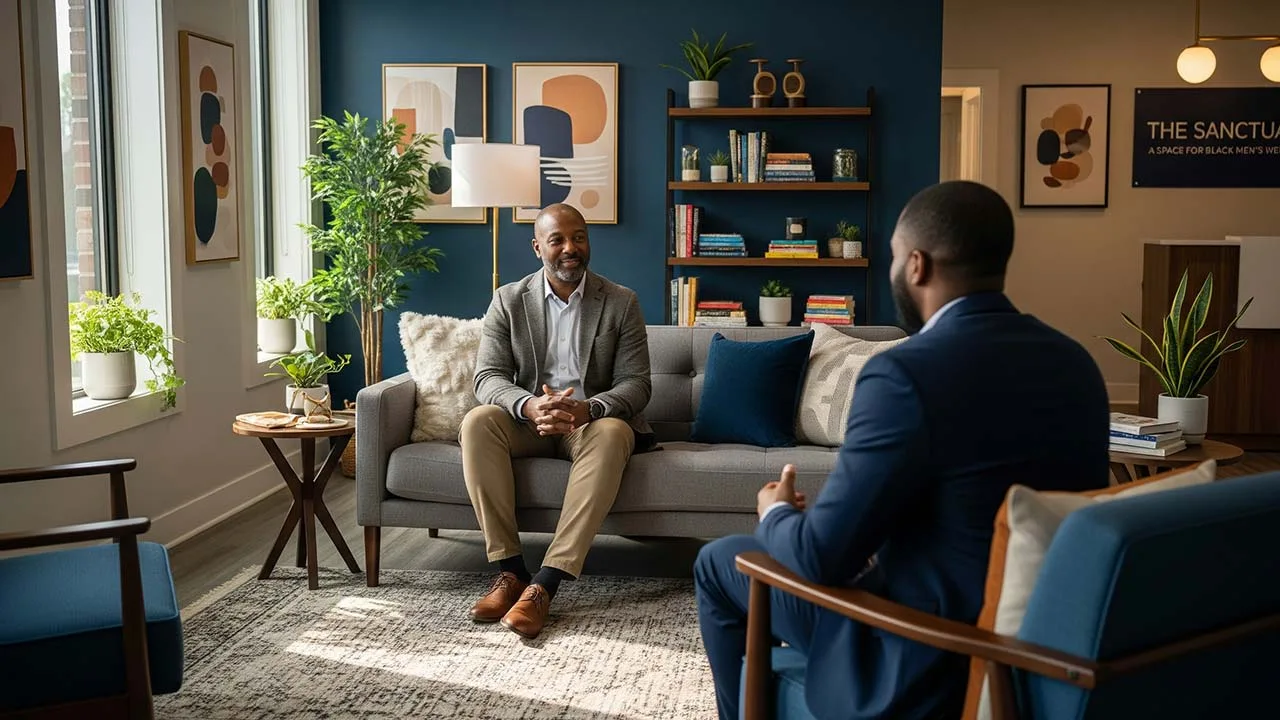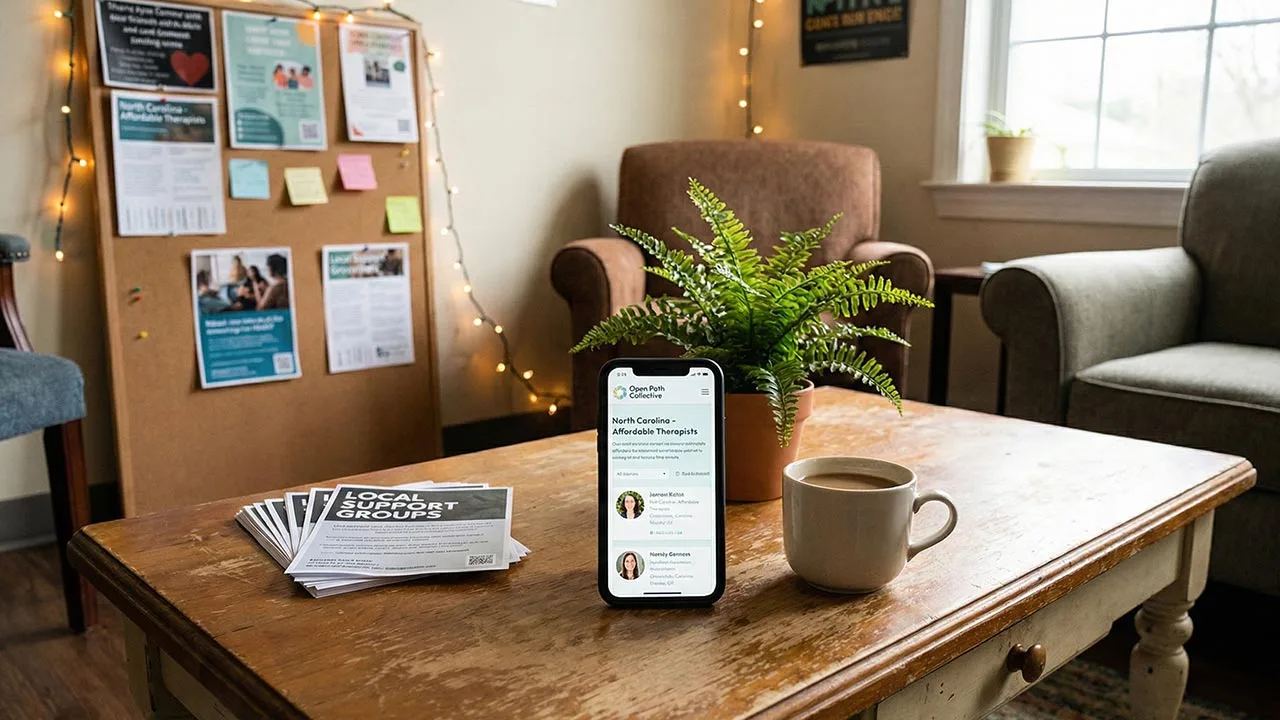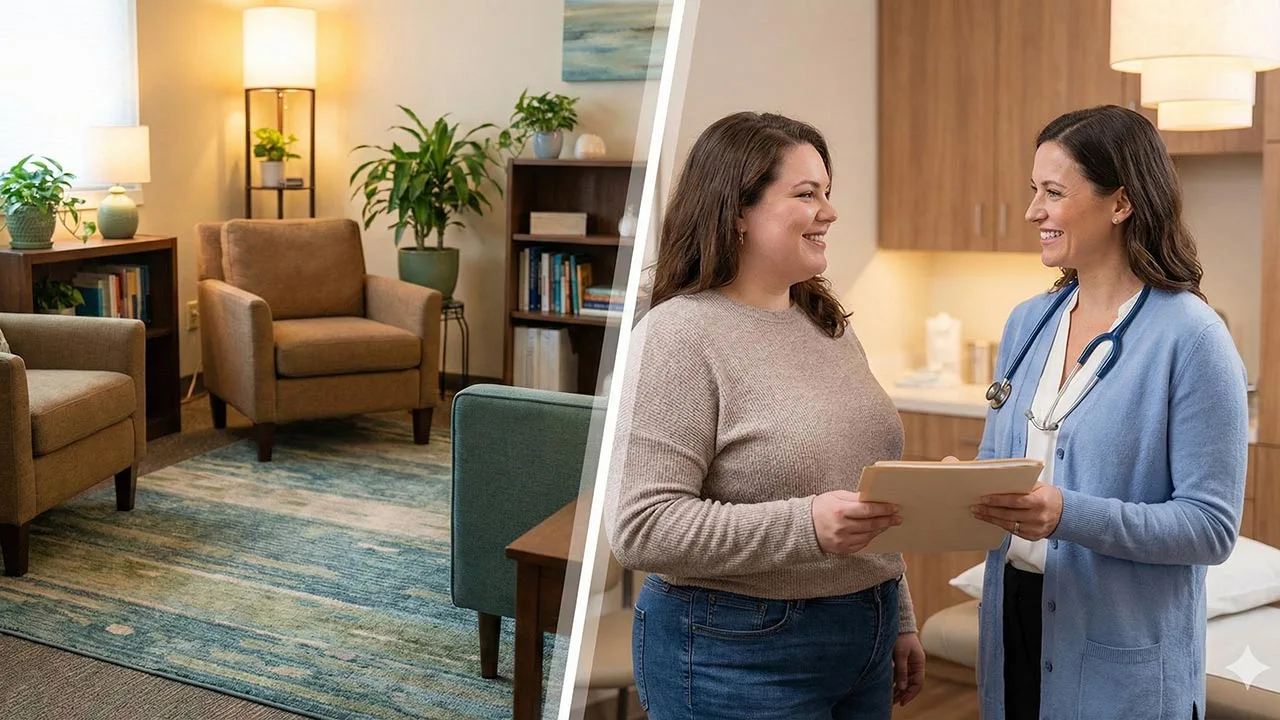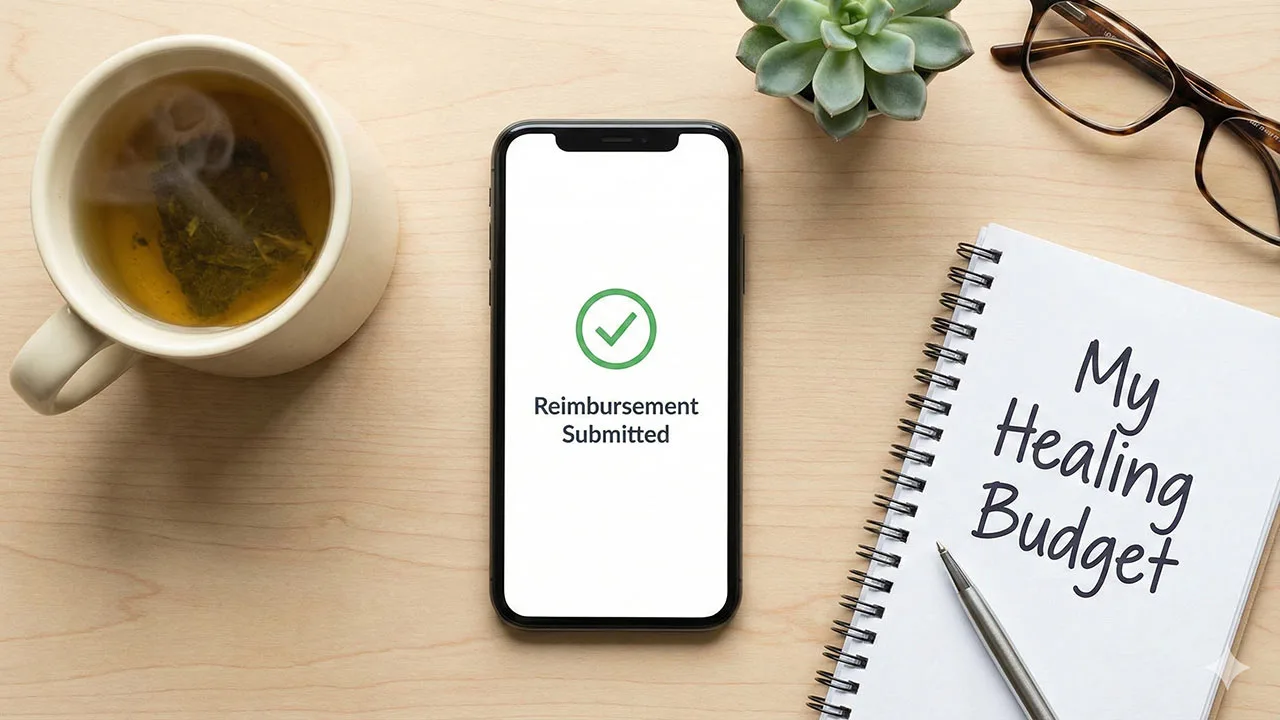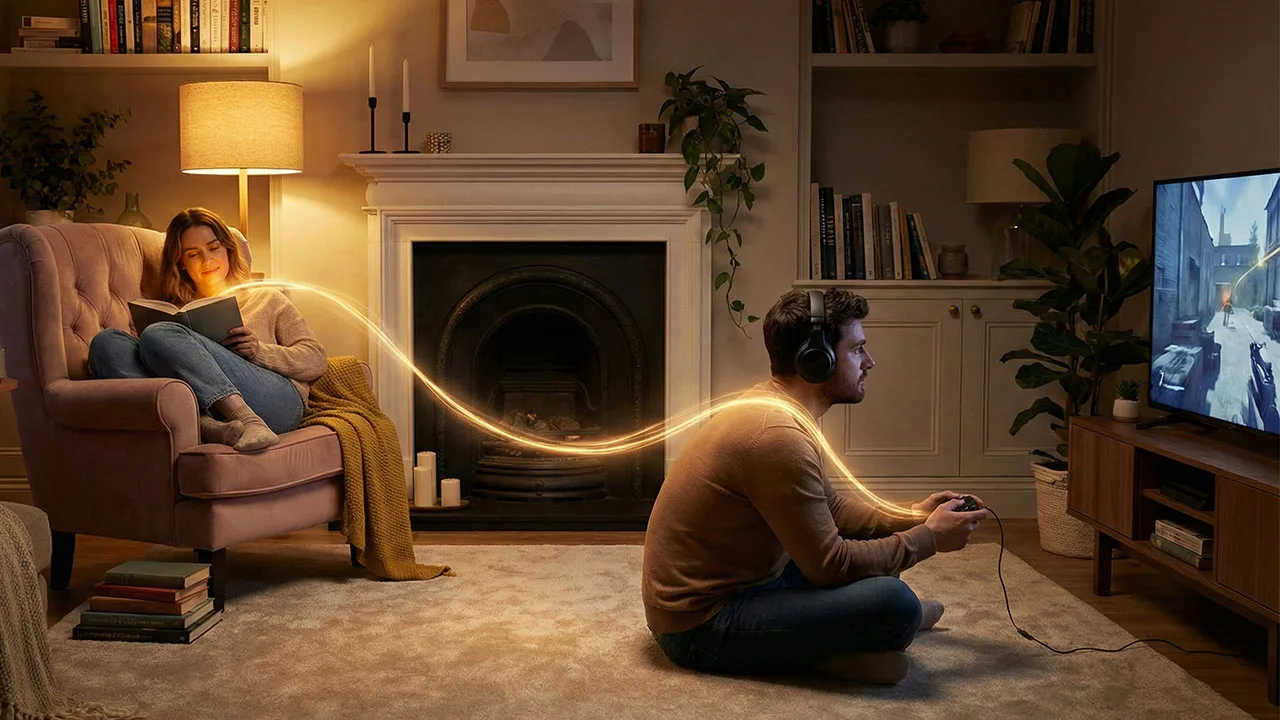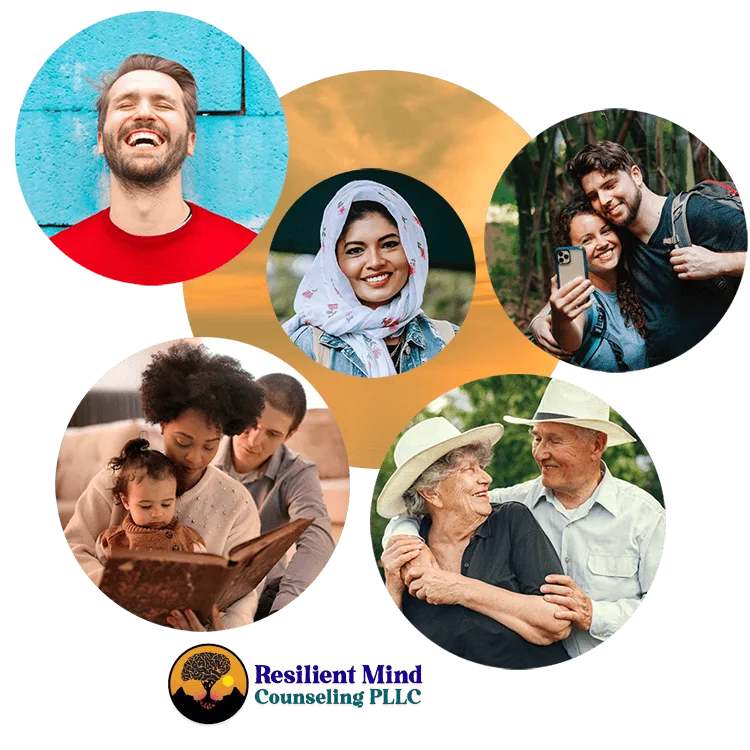In response to the profound systemic failures of the traditional healthcare system, a vibrant movement is actively building new pathways to healing for Black men, grounded in cultural understanding, accessibility, and empowerment. This new paradigm moves away from a pathologizing, deficit-based model toward one that emphasizes strengths, resilience, and personal agency. The foundation of this approach is a commitment to care that is both culturally responsive and trauma-informed, which represents a fundamental redefinition of the standard of care for this population. Within this framework, specific therapeutic modalities have proven particularly effective for helping Black men heal from the unique psychological wounds they carry.
The Imperative of Culturally Responsive and Trauma-Informed Care
The starting point for effective therapy for Black men is cultural responsiveness. A culturally competent therapist is one who moves beyond mere tolerance to active engagement with the client’s cultural context. This involves several key actions: explicitly acknowledging the pervasive and harmful effects of racism, demonstrating a willingness to integrate the client’s unique background, beliefs, and spiritual practices into the treatment plan, and prioritizing the creation of a therapeutic relationship built on trust, validation, and empowerment. It is a clinical approach that sees the whole person in their full environmental and historical context.
For this population, a trauma-informed approach must be, by definition, a racism-informed approach. This requires providers and organizations to explicitly recognize racism not just as a peripheral issue or a social problem, but as a primary and ongoing source of individual and collective trauma. This framework necessitates that healthcare organizations engage in genuine self-reflection, acknowledging their own historical and present-day role in perpetuating racialized harm. Truly effective care involves disrupting traditional power dynamics by centering the voices and lived experiences of patients and their communities, recognizing them as the foremost experts on their own needs and paths to healing. Without this foundation, any therapeutic model, no matter how well-intentioned, is likely to fail.
Reclaiming the Story: The Power of Narrative Therapy
Within this culturally attuned framework, narrative therapy has emerged as a particularly powerful tool for working with Black men. It is a non-pathologizing approach that honors the client as the expert on his own life and avoids imposing external labels or diagnoses that may be culturally inappropriate or stigmatizing. The core of this modality involves helping individuals separate themselves from the problem-saturated and often negative life stories they may have internalized from a society that devalues them.
Through a collaborative process of “externalizing the problem,” a man can begin to see that he is not the problem; the problem is the problem. For instance, instead of seeing himself as an “angry person,” he can explore how “anger” has shown up in his life in response to injustice, and how he has resisted its total control. This critical shift allows him to challenge dominant, oppressive narratives and begin to “re-author” his own story, focusing on his strengths, values, moments of resistance, and preferred ways of being. For Black men who have been subjected to a constant barrage of negative societal messages, this process of reclaiming one’s personal narrative is a profound act of empowerment and a potent form of healing from the psychological wounds of racism. It provides a structured way to make sense of one’s experiences without internalizing the blame for systemic injuries.
Collective Healing: The Strength of Group Therapy and Healing Circles
Recognizing the deep-seated issues of isolation and stigma that prevent many Black men from seeking help, collective healing models offer a powerful alternative to purely individual therapy. Healing circles and group therapy create safe, non-judgmental environments where Black men can share their lived experiences with peers who inherently understand their struggles without the need for extensive explanation or justification. This shared space provides immediate validation, which is crucial for someone who may have felt his pain was invisible or unimportant.
The process of hearing their own stories reflected in the experiences of others helps to normalize their feelings and dismantle the profound sense of isolation and shame that often accompanies mental health challenges. This fosters a sense of community and solidarity, directly counteracting the societal pressures and masculine norms that encourage men to suffer in silence. For many, these groups are more accessible and less intimidating than one-on-one therapy, serving as a crucial entry point to the healing process. They provide a space to practice vulnerability among peers, building the trust and emotional vocabulary needed for deeper therapeutic work. By bringing men together, these collective models reinforce the idea that healing is not just an individual journey but a communal one, strengthening both the person and the community around them. These empowering approaches, built on a foundation of cultural respect and an understanding of trauma, are at the forefront of a movement to reclaim wellness for Black men.
Final Thoughts
The evolution of mental healthcare for Black men marks a decisive turn away from a system that has historically failed them. By building a new framework on the essential pillars of culturally responsive and trauma-informed care, this movement redefines healing itself. It shifts the focus from pathology to empowerment, utilizing powerful modalities like narrative therapy to help men reclaim their own stories from the grip of oppressive societal narratives, and leveraging the communal strength of group therapy and healing circles to dismantle isolation and build solidarity. These are not merely alternative treatments; they are acts of resistance and reclamation. They represent a profound and necessary shift towards a future where Black men are not just surviving, but are equipped with the tools, community, and agency to thrive, forging a new legacy of holistic wellness for themselves and generations to come.

